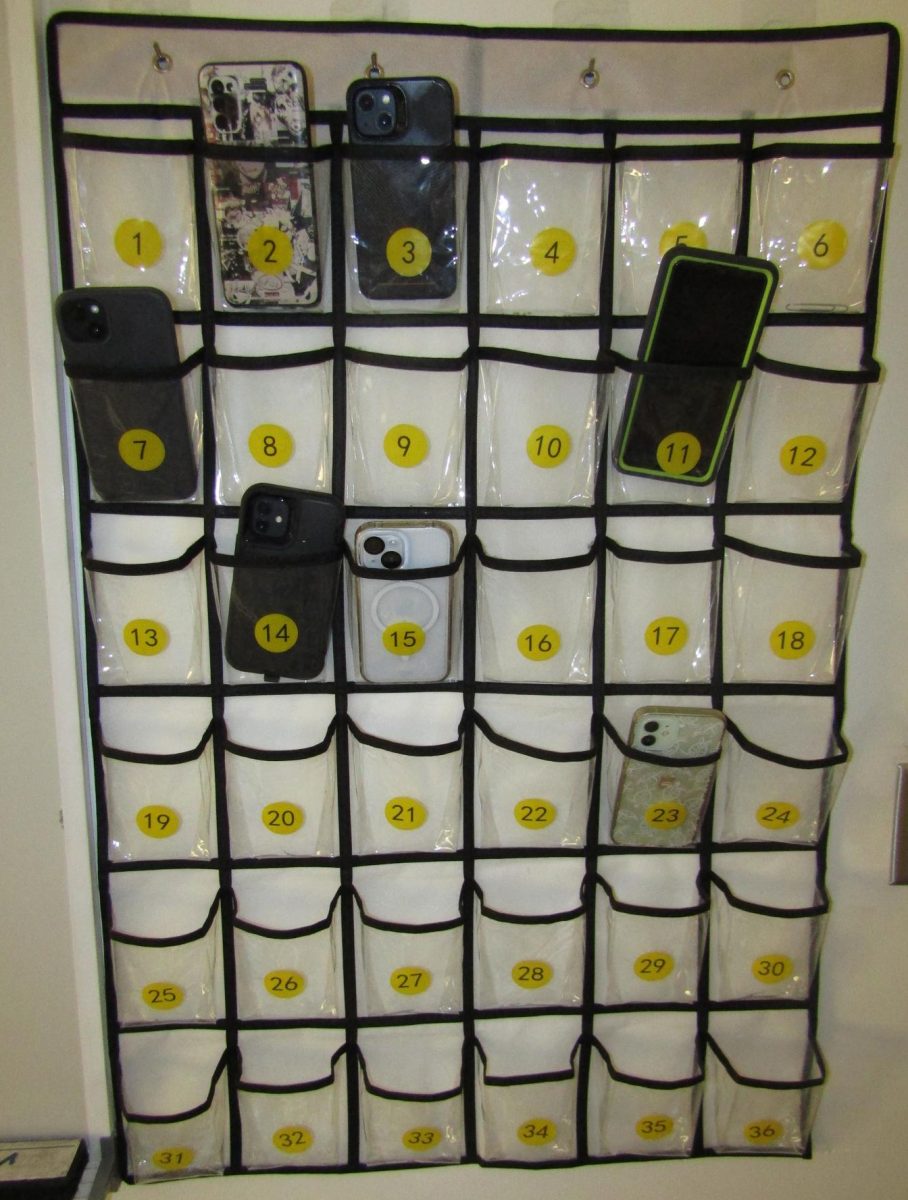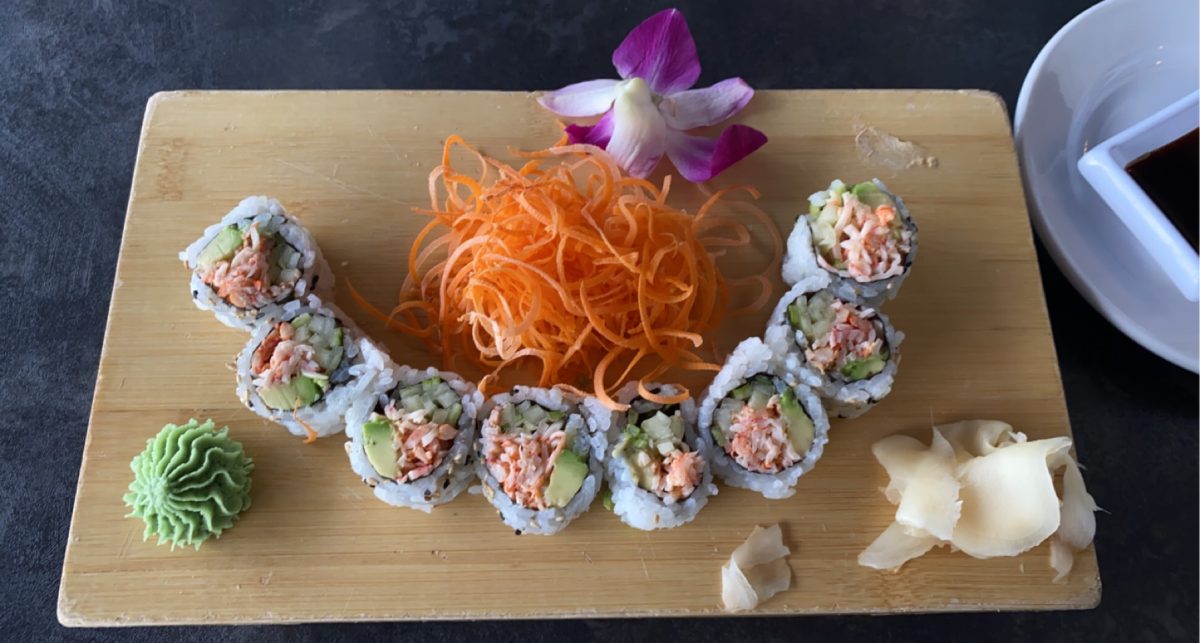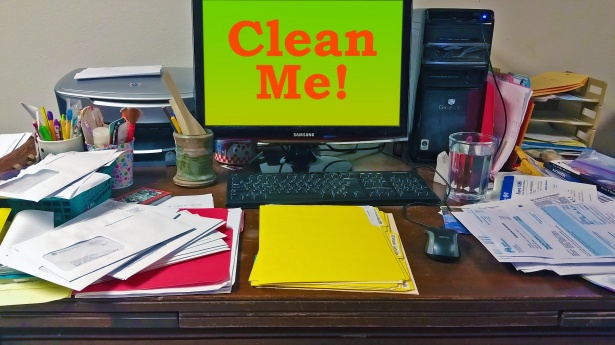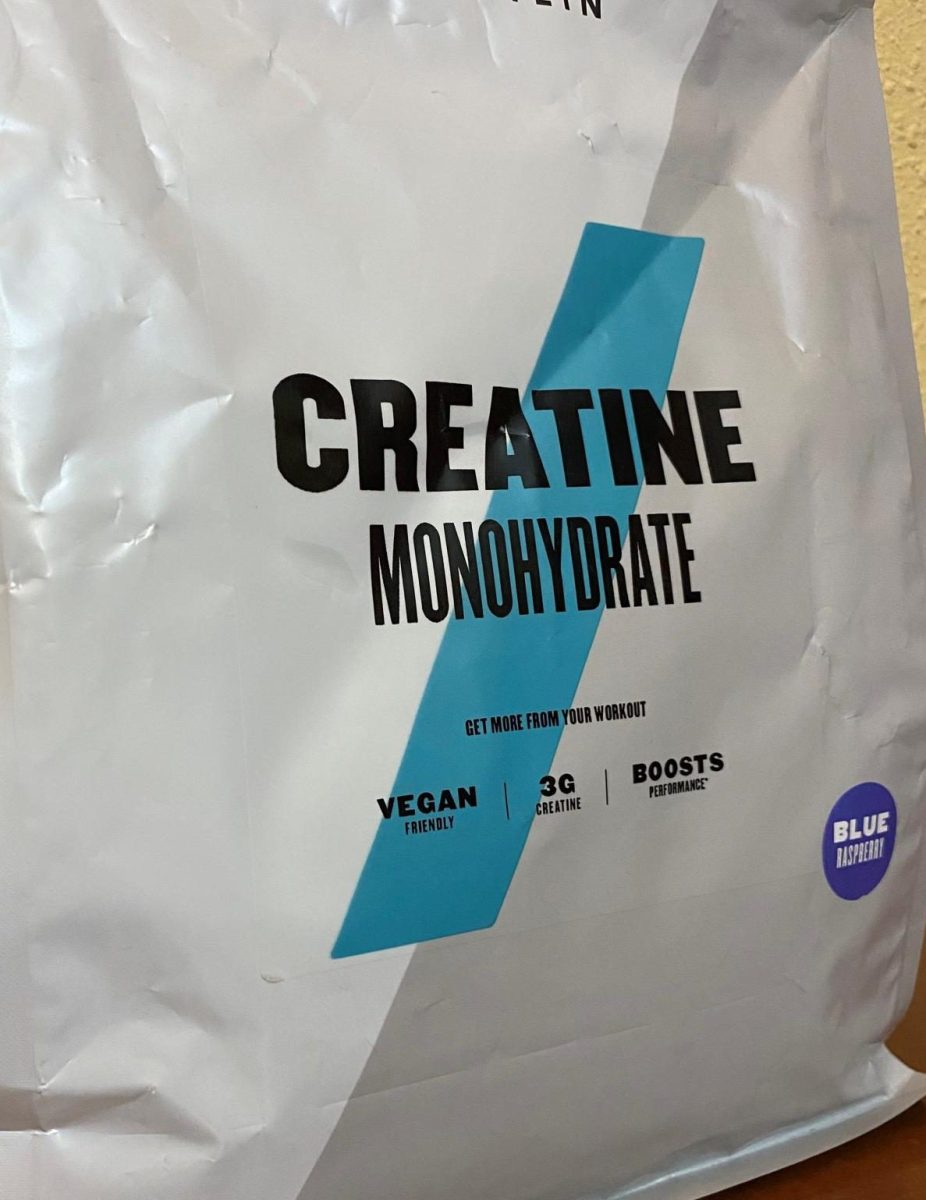Dear America: Less is More
Consumers, let’s take a much needed step back.
May 18, 2022
As humans, we tend to have too much—a surplus of what we actually need. For a variety of reasons, our solution to conflict tends to default to consumption. We can see this in the terms of “retail therapy”.

Think back to the toilet paper shortage in the beginning of the pandemic. People were fighting each other for that one package of toilet paper, in fear not having enough. Not as if we did not have a stash of toilet paper accumulating at home, but it was worth physically fighting someone else for having that extra security blanket.
It is no lie that we as humans naturally strive for more. Of the seven main instincts of the human brain—anger, fear, panic-grief, maternal instinct, pleasure, play, and seeking—it is arguable that seeking is most prevalent in human nature. Which provides an explanation as to why we may never feel truly satisfied with ourselves or our life, and that all of our endeavors and desires remain unfulfilled.
Through a psychological process called hedonic adaptation, we adapt ourselves to the events that happen to us. This act of diminishing initial novelties can be explained in terms of habituation, as we assimilate ourselves in terms of these positive or negative events and create a new base line. From this new perspective, we go on.
Say you get a raise at the job you work at. Your initial reaction is probably happy to be paid more, and it leaves you with a positive feeling. As time goes on, the raised amount you are being paid becomes your new normal. And from there, you hope for another raise, so you can earn more, and so on.
The cycle is never-ending, and we continue to wish for more; rarely taking in the good or expressing appreciation for such fortune. Some people may find peace in knowing that the world is constantly changing, and that there is always more to be discovered. But with all of this complexity, we tend to override moments of simplicity. Taking that much-needed step back, we can see that less is in fact, more.
A Harvard study tracked the happiness levels and the cognition status of 2,250 volunteers. They found that approximately 46.9% of the volunteer’s waking hours were spent thinking about something other than the present—about the past, future, or what might not even happen at all. This is our brain’s default mechanism.
They concluded that this mind wandering typically made the volunteers unhappy, whereas engaging in conversation made them most happy (Killingsworth, Gilbert, 2010). Which seems logical, as conversing with other people requires present attention, and leaves little to no room for worrying and stressing.
This study emphasizes the positive influence of making connections with the people around us. A simple, “Hello, how are you today?”, can go a long way and make someone feel known and acknowledged. We never know the impact of little compliments—such as, “I really like your outfit today”, or “You played a great game last night”. Sometimes they are just what someone needs to hear. That sliver of reassurance that their hard work and efforts are recognized and paying off.
All it takes is for someone to take a second of their own time, out of their own world and back into reality, to reach out to another person. With less time thinking about something other than what is in front of us in the present time, we can find more opportunities to make connections with those around us.
Going back to our roots and taking a step back from the distractions of work, school, social media, could easily make a difference on our wellbeing and happiness levels. As in the Harvard study, instead of mindlessly thinking about intangible things, we could spend time doing less: less time slaving over school work, less time on our phones watching TikTok, less time stressing over things out of our control. The results could be miniscule, but they could also be tremendous.
We all know the saying, “Back in the good old days…”, or have heard someone say “When I was a teenager…”. For the most part, we laugh it off and continue with our lives. But what makes the “good old days” so starkly different from today, is the dominance of simplicity.
Back then, time was spent with other people: family and friends and everyone else in between. Kids played outside, instead of on iPads. As a society, we seem to glorify progression and advancements and tend to associate the two with the idea of success. We condition ourselves to believe that success and wealth correlates with happiness, when in reality there can be happiness in the little things. This is something so ingrained in our minds that we do not realize that we could experience feelings of happiness more often if we celebrated the small achievements in life, along with the large ones.
By honing in on what we truly need, rather than what we want, we can eliminate some of the extra “fluff” in our lives. However, reducing stress can be easier said than done. Harvard professors have discussed how increased complexity from modern life has left many people feeling overwhelmed and in over our heads(Immunity to Change, Kegan and Lahey, 2009).
The impacts of these feelings of overwhelming stress can range from “mental slowness, forgetfulness, confusion, difficulty concentrating or thinking logically, to a racing mind, or an impaired ability to problem solve”(Rebecca Zucker, Harvard Business Review).
Minimizing complexity can bring new forms of clarity necessary to take a step back and reflect on what we are feeling and find new ways of operating in a beneficial manner. Some ways to incorporate more simplicity into our lives includes: pinpointing the source of our stress, setting boundaries on your time and workload, challenge your perception of perfection, and delegating what would be the best use of your time and energy.
At the end of the day, the lives that we lead are entirely our own, and what we make of them is reliant on our individual actions. However, subtracting some of the negativity and stressors can have positive effects not only on our overall wellbeing, but also how we live our everyday lives. So if you seemed to check off all the boxes mentioned earlier, take this as your sign to take that needed step back and reassess. No one ever said life was linear.






































